The importance of Handicap Railings
Railings provide support and safety to everyone, especially people with handicaps or limited physical mobility. Without secure installations, climbing stairs or standing on the balcony can be risky. At Boston Ironworks, we have manufactured and installed several handicap barriers in the past. We know local code requirements, proper measurements, and good quality materials for these installations. Here are some facts about handicap railings installation:
When do you need it?
Different local building codes have different requirements when it comes to handicap railings, so it’s a good idea to consult them before installation. Some regulations are common and they including the following points:
- Ramp runs with rising of over 6 inches require handrails.
- These installations should be present on both sides of a staircase.
- Handrails should be continuous within the full length of a stair or ramp.
- They should extend by at least 12 inches at the top of a stair flight.
- These installations should also extend by at least one tread depth at the bottom of a staircase.
- Safety – Even able-bodied individuals sometimes need support. Without them, there’s nothing to prevent a fall or offer aid when you’re tired. A good railing will bear load easily, which is essential to prevent a fall.
- ADA approved buildings – ADA approved buildings are handicap friendly, so they must have rails according to ADA guidelines. These will aid people with visual and physical disabilities.
Handrails aren’t required on surfaces while slopes less than 1:20. Commonly used circulation paths in employee or worker areas don’t need ramps. You can place railings on elevators or platform lifts, but they need not follow code requirements. An experienced installer will know all requirements for installation to ensure it complies with the local building code.
Benefits of handicap railings installation
Installing handicap rails has a number of benefits, especially if there are elderly or handicapped individuals on your property. Here are some of the most common ones:
Handicap railings should be placed on stairs, balconies, walkways, and other such areas where the ground isn’t flat. If you’re likely to lose balance on a surface, this fixture should be present to provide sufficient support.
For questions and inquiries regarding handicap railings installation, you can call Boston Ironworks at 617 657 3117. You can also fill in this contact us form. We’ll get in touch with you as soon as possible.


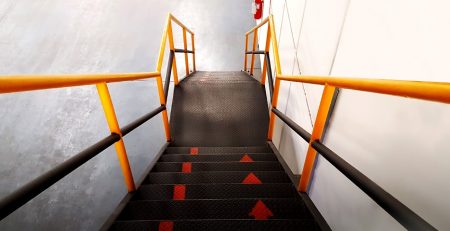
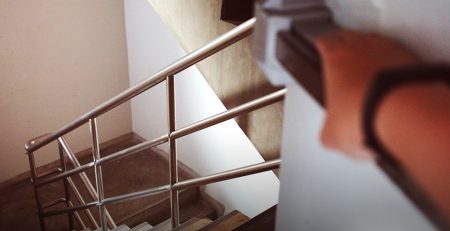
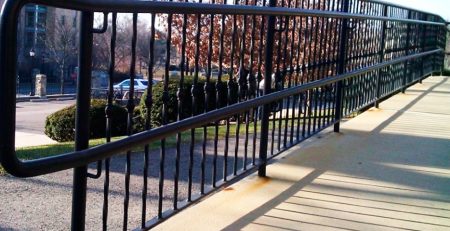

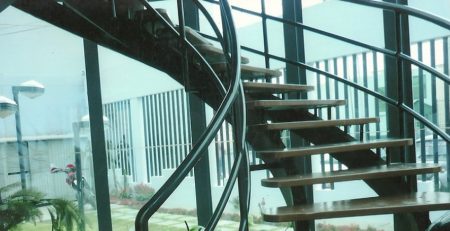
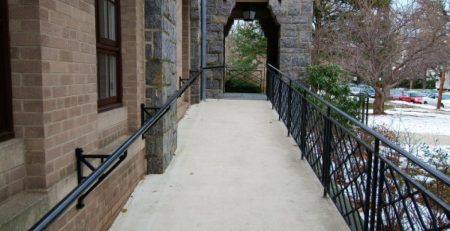
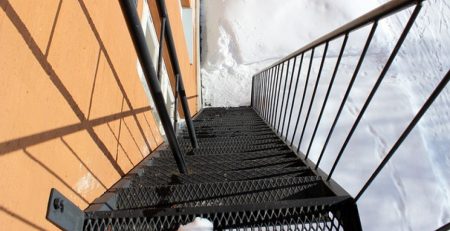
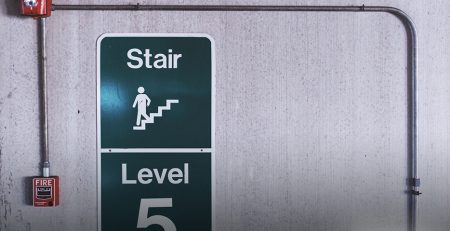
Leave a Reply